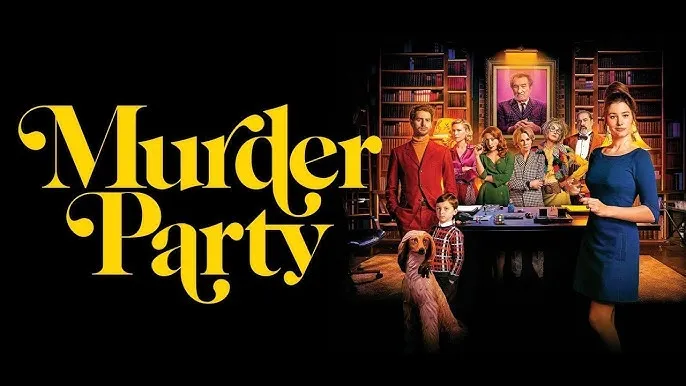Some lives don’t follow a straight line—but every line has a beginning, if someone’s willing to trace it back.
Stuart: A Life Backwards (2007) is a profoundly moving, intimate British drama that tells the true story of a man society chose to ignore—and the friend who decided to listen. Based on Alexander Masters’ acclaimed biography, this film stars Tom Hardy in one of his most vulnerable performances, portraying Stuart Shorter, a homeless man whose chaotic life, when traced backward, reveals the silent damage that shaped him. This is not a rags-to-redemption tale—it’s a compassionate, unflinching look at trauma, survival, and the systems that fail the most fragile.
Told in reverse chronological order, the film begins with Stuart as a volatile, foul-mouthed street sleeper with a magnetic energy and unpredictable behavior. But as the narrative rewinds, layer by layer, we begin to understand the events that shaped his life—abuse, mental illness, incarceration, and systemic neglect. As his past unfolds, so does the context, not to excuse his behavior, but to deeply humanize it. The film dares to ask: what if someone’s "madness" makes perfect sense once you know what they've survived?

Benedict Cumberbatch plays Alexander Masters, a mild-mannered writer and social worker who originally sets out to write a book about Stuart’s activism, particularly his fight for the rights of homeless people wrongfully imprisoned. But Stuart insists on a different approach: “Do it backwards,” he demands, so that the audience sees the damage first, then the boy. This reversal becomes the film’s emotional architecture—by unraveling Stuart’s life in reverse, we begin to reconstruct his dignity.
Hardy’s performance is transformative. He captures Stuart’s wild charm, fierce intelligence, and deep inner pain without ever slipping into caricature or pity. There’s a kinetic unpredictability in every scene, balanced by an underlying tragedy that becomes clearer the deeper we go. His chemistry with Cumberbatch is subtle and authentic, presenting a friendship that’s messy, honest, and quietly redemptive for them both.

What makes Stuart: A Life Backwards so powerful is its refusal to sanitize suffering or package it neatly. The film doesn’t offer salvation or answers. Instead, it offers witness. It gives voice to someone who had been denied one. In doing so, it challenges viewers to look again at the people they might walk past every day—to consider the stories buried under addiction, aggression, and homelessness. Behind every "backwards" life is a forward-moving system that let it happen.
-1754967006-q80.webp)


